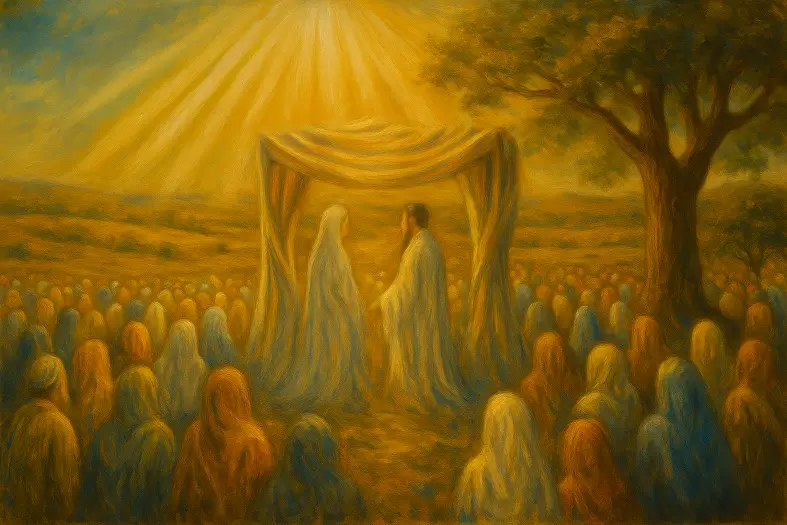


Divorce must be carried out through a proper Get document.
This mitzvah commands that when a marriage ends, it must be dissolved through a Sefer Keritut (bill of divorce), known as a Get. The Get must be written specifically for the couple, handed directly to the wife, and given before valid witnesses. This mitzvah ensures that divorce, though regrettable, is conducted with sanctity, clarity, and respect, allowing both parties to move forward within halacha and preventing marital confusion.
Commentary & Classical Explanation:


Mitzvot that uphold fairness, honesty, and moral responsibility. Justice is kindness structured — ensuring that society reflects G-d’s order through truth, equity, and accountability.
Mitzvot that strengthen communal life — showing up, participating, supporting, and belonging. Community is where holiness is shared, prayers are multiplied, and responsibility becomes collective.
Mitzvot that govern ethical behavior, kindness, justice, and responsibility in human relationships. These actions build trust, dignity, and peace between people.

Dive into mitzvos, prayer, and Torah study—each section curated to help you learn, reflect, and live with intention. New insights are added regularly, creating an evolving space for spiritual growth.

Explore the 613 mitzvos and uncover the meaning behind each one. Discover practical ways to integrate them into your daily life with insights, sources, and guided reflection.

Learn the structure, depth, and spiritual intent behind Jewish prayer. Dive into morning blessings, Shema, Amidah, and more—with tools to enrich your daily connection.

Each week’s parsha offers timeless wisdom and modern relevance. Explore summaries, key themes, and mitzvah connections to deepen your understanding of the Torah cycle.